Time jumps are storytellers’ new favourite way of surprising their audiences, but how long will the novelty last?
Why our films, TV shows, and games are all flashing forward without warning

If you could travel to a single point in the future for a day, where would you go? While most of us probably like to think we’re brave and open-minded enough to travel light years ahead of our own timeline, learning how humanity might have evolved or regressed in the space between, psychologists say that the majority would only flash forward a few decades at most, and for a very human reason.
We don’t care about what the world might look like in the future. We care about what we might look like. What’s changed? Has my life got better or worse? Have I achieved my lifelong dreams, found happiness, or become a completely different person? It’s an endlessly fascinating question, constituted in the universal truism that we humans are more malleable to our circumstances than we’d like to admit.
It’s no wonder, then, that contemporary storytellers are conducting that very same thought experiment in popular culture and entertainment. Now would be the best time to advise you that there’ll be major spoilers for The Walking Dead season 9, Avengers: Endgame, and Red Dead Redemption 2 from this point onwards. If you haven’t seen them, or care about what happens within each, don’t read on.
About time
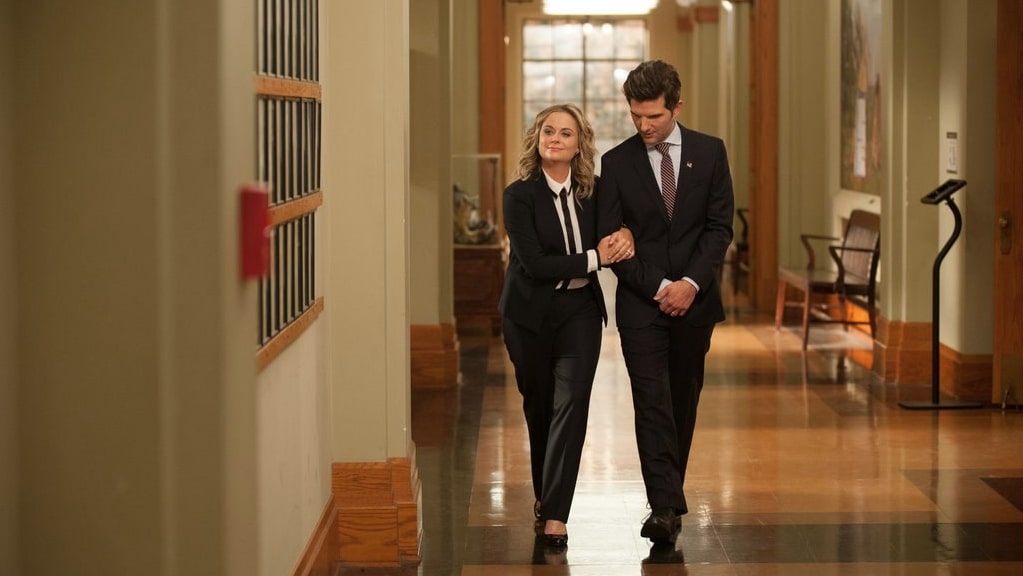
The time jump, of course, has been a tried and tested device used by storytellers since time immemorial, dating as far back as the ancient Greek myths of classical literature, and further still. It’s easy to see why. Change is the chief driver of plot, and when it arrives hard and fast, the audience is going to take notice.
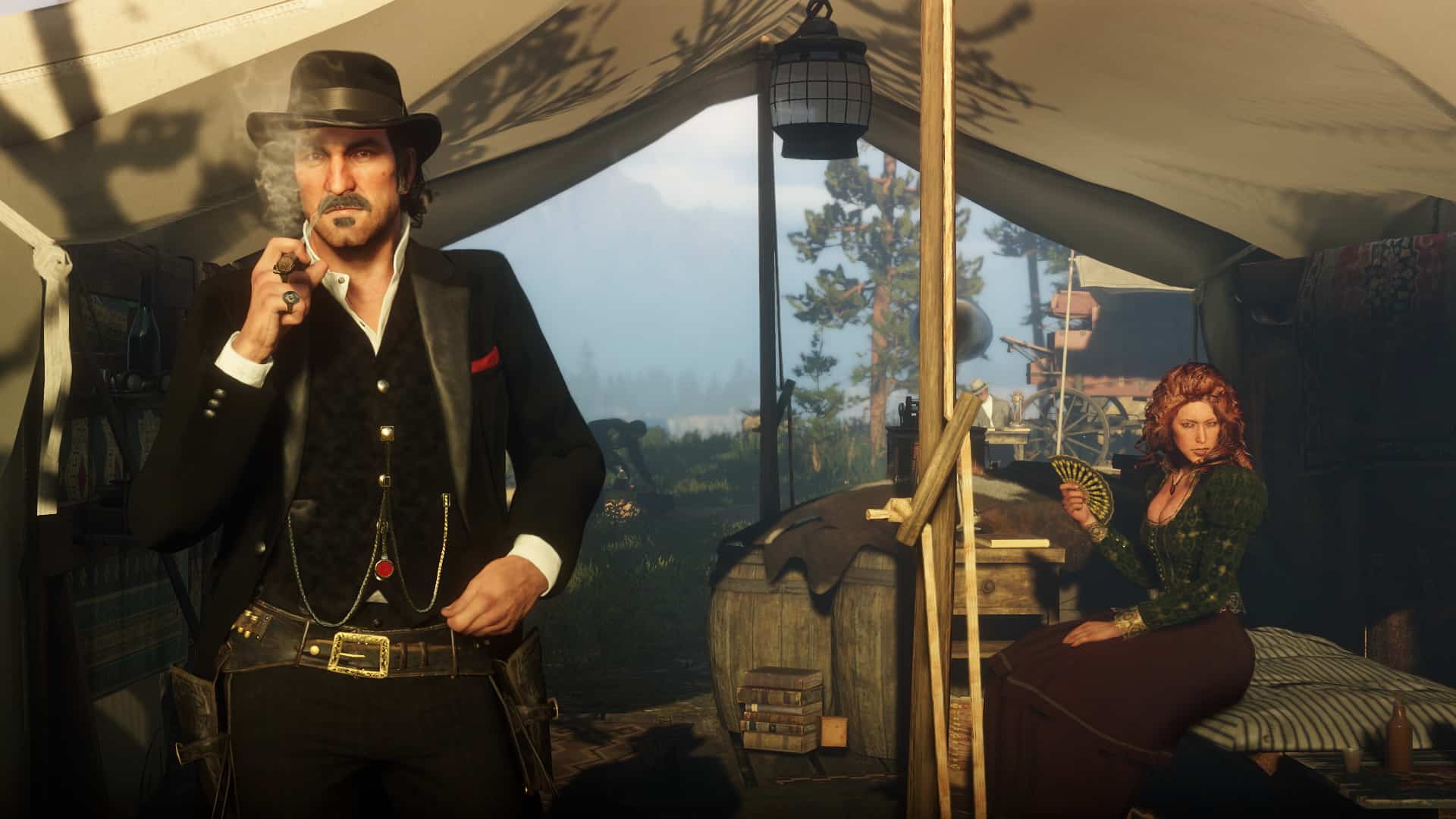
Heartbreak, horses and the staggering Red Dead Redemption 2 ending explained
But, even in its antiquity, the time jump has seen a sudden resurgence of sorts, taking a more prominent role in some of the most popular movies, shows, and video games to release over the course of the last 12 months. This trend is, I think, a telling indication of the way we consume our stories in the 21st century, and a desire on the part of the high profile raconteur to please the masses through manufactured shock and awe.
Take The Walking Dead. For years, the show has been publicly floundering, struggling to find new ways to surprise its audience as each season shambles from one stale story arc to the next. Season 9, with its behind-the-scenes reshuffle of talent, promised to change things up, and the show’s use of three separate time jumps were the ace cards played by AMC to make good on that promise.
By flashing forward whenever a key character (or characters) had died, season 9 managed to avoid several of the problems that previous seasons of The Walking Dead had hitherto been unable to solve. For one thing, the show’s infamously slow pace was injected with a triple-pronged dose of adrenaline, as season 9 effectively pressed the skip button on all five stages of grief that viewers had been so used to watching characters go through in the wake of an ally’s death.
Get sneak previews, exclusive competitions and details of special events each month!
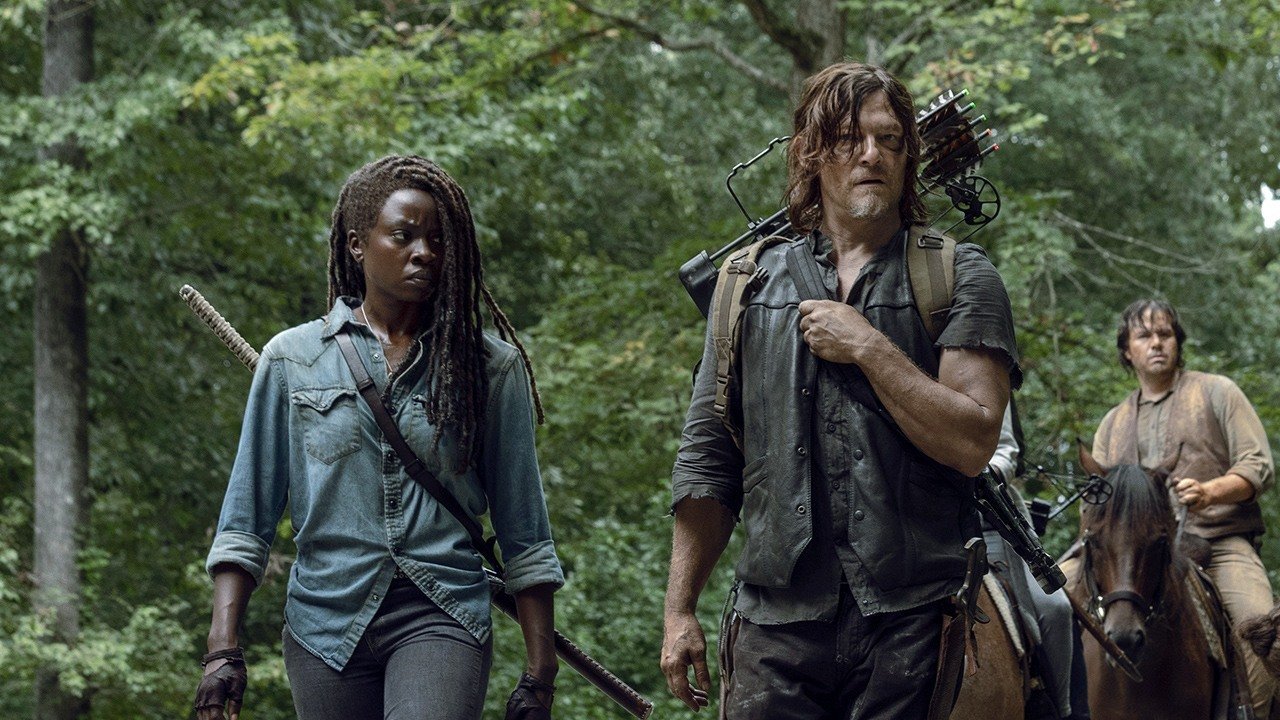
But, more importantly, it got people talking about The Walking Dead again, in a way that the show hadn’t seen for years, largely because they finally had story developments worth talking about. New characters! Old characters played by new actors! Old actors with new haircuts! Regardless of whether the structural leap would remedy The Walking Dead of its more systemic flaws in the long run, most (myself included) were just happy to see change in and of itself.
Indeed, a more cynical viewer might interpret the move as AMC desperately deploying another tired trope in a last ditch bid to maintain The Walking Dead’s dwindling audience, presenting the illusion of change without having to do any of the hard work of writing it. Season 9 certainly began to lean on the device for storytelling convenience by its final episodes, but even so - when executed well – the time jump’s capacity to breathe new life into an old tale is worth the association with cliche.
Wibbly wobbly, timey wimey stuff
And, just sometimes, when the stars align in the script, the time jump makes perfect sense. It’s no coincidence that – following the (first) death of Thanos at the hands of Thor – Avengers: Endgame cuts to black, reveals a title card with the number “Five”... and pauses. It pauses for quite some time, in fact, before the next two words – designed to make the entire audience gasp in disbelief – appear on the screen; “years later.”
Marvel knows what it’s doing here. In an interview with The New York Times, Endgame’s screenwriters Christopher Markus and Stephen McFeely openly admit that the element of surprise is exactly what they were aiming for with the movie’s unexpected time jump half a decade into the MCU’s future. “We talked about Fargo from the first season, where it just jumps a year,” explains McFeely, “and you go, ‘Whaaaaat?’. We hopefully [wanted to] get a similar reaction.”
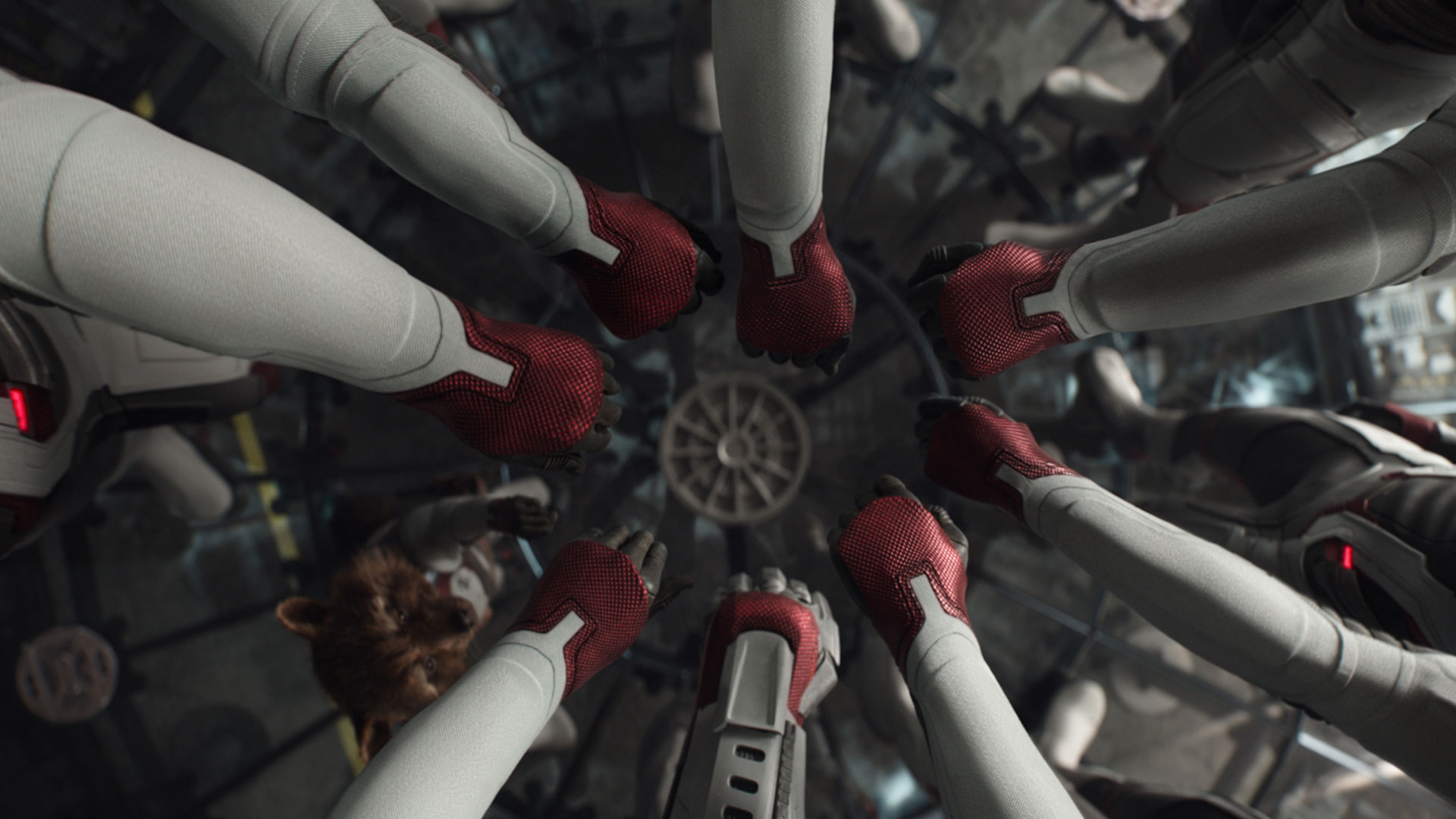
“That was what we bought ourselves by ending the last movie the way we did,” considers Markus, whose comments imply that a story has to earn its right to a flash forward before going ahead with it in earnest. In other words, it needs to prove it can walk before it can jump, and he’s completely right. While Endgame’s temporal shift does represent an easy way to get Marvel fans talking in the same vein as that of The Walking Dead’s (New characters! Old characters played by new actors! Old actors with new haircuts!), the story for this two-part superhero saga didn’t just deserve a time jump, it practically demanded one.
The human and psychological cost of Thanos’ snap in Avengers: Infinity War needed the space to blossom, and give a feeling of permanence to the sense of loss that permeates the thematic texture of Endgame, as Markus explains. “We wanted it to be real and for a long time – both in movie time and in chronological time for the characters,” he continues. “You couldn’t end Natasha, Tony and Steve the way we do without knowing that they’ve done their time and this is taking them to the brink.”
The same goes for Red Dead Redemption 2. If you haven’t yet noticed a pattern, most of these time jumps take place right after a tragedy strikes upon our main cast of characters, and in Rockstar’s western magnum opus, that tragedy arrives in the form of the death of Arthur Morgan, the playable protagonist. Fast forward seven years laters, and players are treated to an epilogue in which they step back into the shoes of John Marston, the main protagonist from the original Red Dead Redemption.
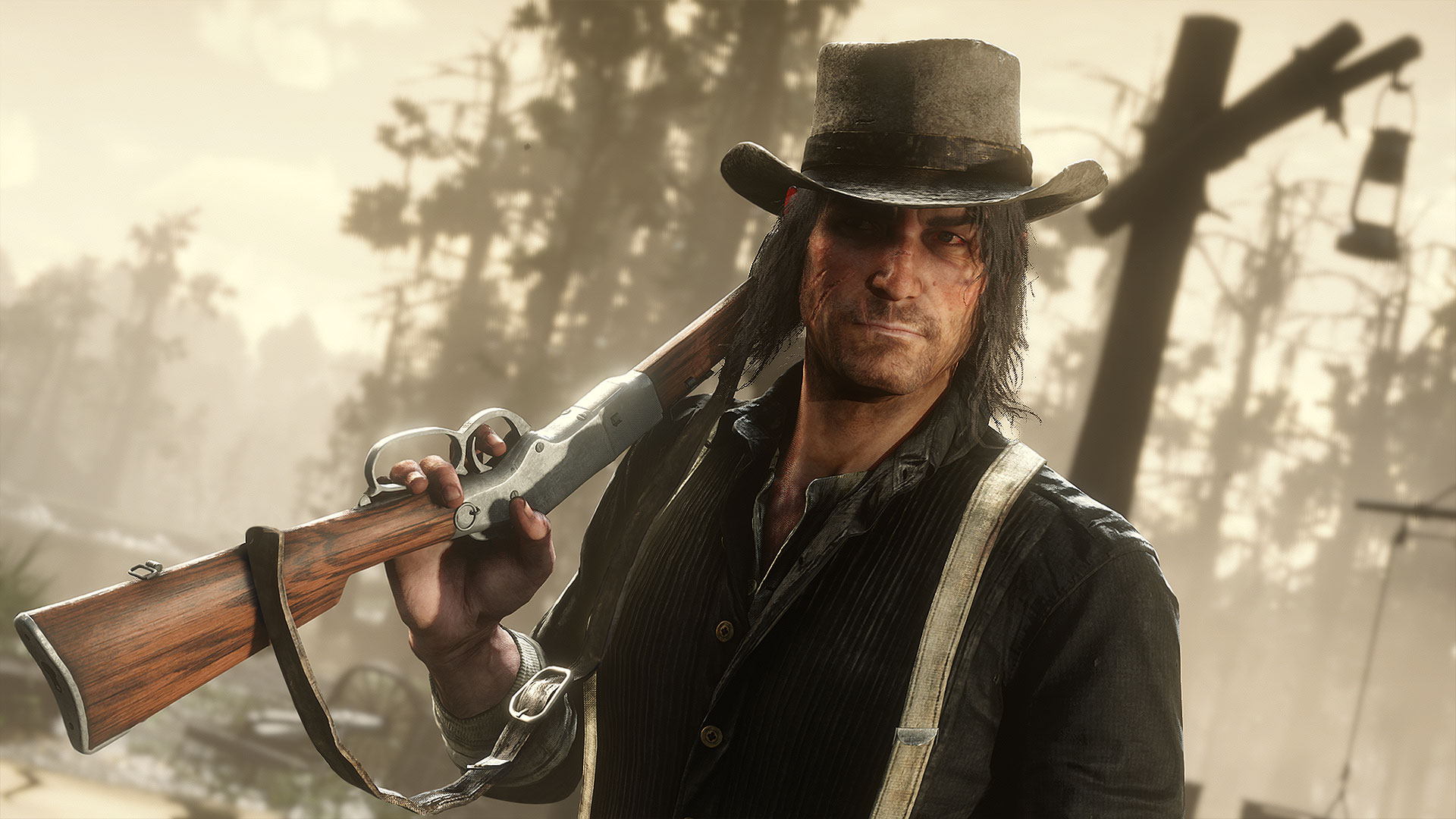
"When the stars align in the script, the time jump makes perfect sense."
It’s not only a neatly tied cyclical bookend that follows in the tradition of the series so far, but the game’s time jump adds weight to Arthur’s sacrifice, as John tries to make a life for himself with the blood that his old friend and mentor paid for. Again, there’s an element of superficial fun in catching up and seeing how characters have changed in the intervening years, but that’s not Rockstar’s primary goal here.
As impressive as these recent time jumps have been, however, their proliferation is perhaps reflective of a more concerning trend. The internet, and the way we talk about the stories we enjoy on social media, has contributed to a consumption culture that thrives on talking points. Subsequently, movie makers, showrunners, and game developers feel increasingly compelled to provide a big ‘surprise’ or ‘twist’ that keeps people talking about their work long after they’ve experienced it, and that can act as a detriment to the craft itself, tempting artists to compromise their vision for the sake of ‘the discourse’.
So far, the time jump’s use in the likes of Red Dead Redemption 2, Avengers: Endgame and The Walking Dead season 9 have been (mostly) justified, prompted by the dictates of their themes and character arcs. But if more stories start flashing forward just for the sake of grabbing our attention and trending online, viewers might be more inclined to hit the pause button outright.
Discover the biggest questions we still have about the Avengers: Endgame ending, or watch the video below for our full review.
I'm GamesRadar's Features Writer, which makes me responsible for gracing the internet with as many of my words as possible, including reviews, previews, interviews, and more. Lucky internet!



